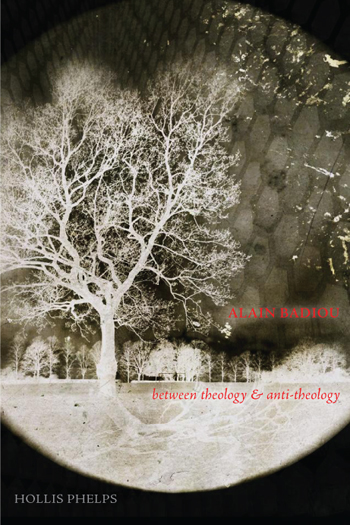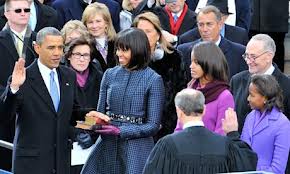Viewed in the light of liberal commitments, Calvin’s chief error appears to be his presumption that the civil magistrate has not only the right, but the duty, to use his coercive office to enforce “piety.” As Calvin argues, the political ruler must recognize his duty “to cherish and protect the outward worship of God, to defend sound doctrine of piety and the position of the church” and to “form our social behavior to civil righteousness,” thus promoting social peace (Institutes 4.20.2). To liberals, of course, this appears dangerously intrusive.
In recent years, a number of theologians and legal historians have argued that the early modern Reformed tradition was a significant source for the development of various liberal doctrines. Scholars such as Nicholas Wolterstorff, David Little, and John Witte have traced modern doctrines of individual rights and the separation of church and state back to various Calvinist thinkers. Witte has been the most prolific, writing dozens of articles and several books on the topic over the past couple decades.



